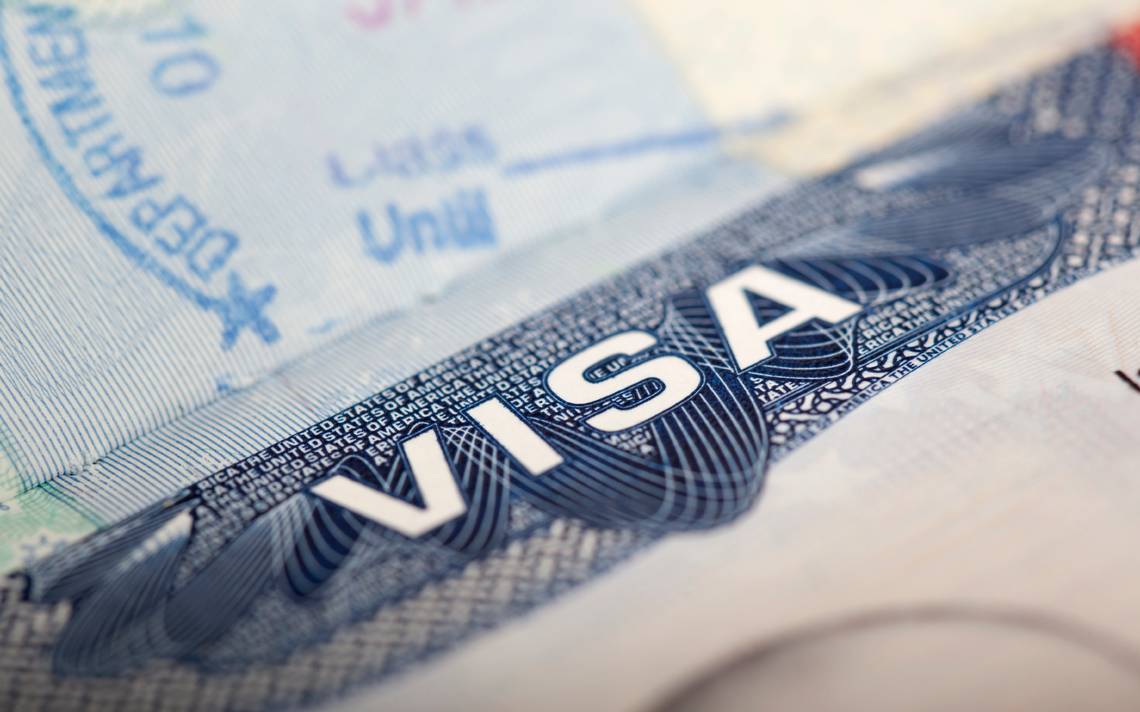
Apply for a Master’s Program at the University of Luxembourg
How to Apply for a Master’s Program at the University of Luxembourg: A Step-by-Step Guide Applying for a master’s program abroad can be overwhelming, especially when dealing with different admission…
Read more
How to Apply for Jobs in Luxembourg
How to Apply for Jobs in Luxembourg: A Step-by-Step Guide Looking for job opportunities in Luxembourg? Whether you’re aiming for a business analyst, security officer, cashier, industrial kitchen assistant, HR…
Read more
Secure a Fully Funded World Bank Internship in the U.S.
How to Secure a Fully Funded World Bank Internship in the U.S. (2025 Guide) Looking for an opportunity to work in the United States with a fully funded internship? The…
Read more
Canada Immigration 2025
4 New Pathways to Permanent Residency You Should Know Are you planning to move to Canada in 2025? If so, you’re in luck! Canada is rolling out four new immigration…
Read more
How to Move to Finland in Just Two Weeks: The Ultimate Guide for 2025
Are you dreaming of living in Finland, the world’s happiest country? What if I told you that you could move there in just two weeks? Yes, you read that right!…
Read more
Why Studying in Luxembourg Could Be Your Best Decision Yet
I’ll create an informative, engaging, and SEO-optimized blog post based on the transcript. The blog will be structured with compelling headings, bullet points, tables, and embedded hyperlinks for credibility. I’ll…
Read more
Relocate to the UK with Your Family in Just One Week
Are you thinking of moving to the UK but feeling discouraged by the changing immigration rules? Don’t give up just yet! In this blog post, I’ll guide you through three…
Read more
Your Ultimate Guide to Relocating Abroad in 2025: Visa Sponsorship, Jobs, and a Better Future
Are you considering relocating abroad in 2025 for a better life, career growth, or financial stability? If so, you’re not alone. More people are making the move to countries like…
Read more
Good News for Immigrants in 2025: TPS Extensions, EAD Updates, and More
The start of 2025 brings a wave of encouraging updates for immigrants in the United States, despite changes in political administration. Whether you’re on Temporary Protected Status (TPS), awaiting an…
Read more